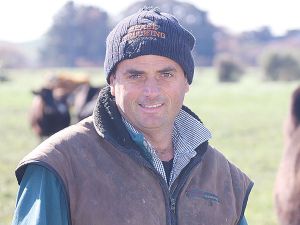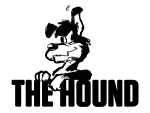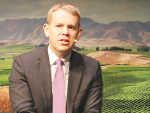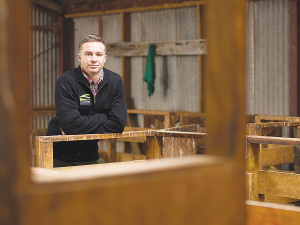“It is overwhelming and unrealistic for us to be able to give honest democratic feedback on every piece of legislation that they are working on the moment,” he told Rural News.
Allomes, a former DairyNZ director, is calling on Prime Minister Jacinda Ardern to take the pressure off farmers and give them more time to properly understand and digest the huge raft of changes that the Government is trying to push through before next year’s election.
He reckons the Government has got a massive number of things they want to achieve before the next election and says most of these seem to be aimed at the primary sector. He says these include greenhouse gas emissions, water quality, animal welfare and labour. Allomes says this is on top of farmers trying to deal with the uncertainties around Covid, such as disrupted supply chains and increasing costs, all of which are creating an uncertain business environment.
“As well as trying to run our businesses, farmers are being asked to read massive documents and then give feedback,” he explains. “The problem is that so many of the proposed changes are very complicated and it’s not possible to draw up a simple one page summary of what’s involved.”
Allomes says he knows that farmers have to pay the piper at some stage and do their bit, but are less keen when it feels unfair, disorganised and unevenly balanced.
“To the point where we feel we are carrying the load of society with untested science and unknown information they are creating along the way, how can you genuinely feel consulted?
“How can you genuinely believe and trust what they are trying to do is absolutely good for us and society? In my view, some of the changes will result in perverse outcomes on our businesses, our communities and the environment.”
Allomes says, like many farmers, he’s changed his business massively in the last ten years to become more environmentally sustainable, more socially sustainable, because it’s what we must do. But he contends that it takes time and capital and is a long game with impacts way beyond the farm.
“As farmers we have to do our bit and I get upset when farmers try to defend the line of how we used to do things,” he adds. “We have to expect and demand change ourselves, because the way we farmed in the past is not fit for purpose for the future. But that new future, to many of us, does not seem fair and equitable and one that will serve future generations.”
Allomes says farming today is exponentially much harder than it was 10 years ago. He says just to achieve what he was achieving 10 years ago takes more head space and energy because there is more recording of compliance, labour, animal welfare and other issues. He says it’s also hard to get an accurate read on some of the changes with different assessments of the changes being put out by lobby and industry groups.
Allomes believes the objective as a farmer is to produce good and sustainable food. He doesn’t hold to the view that NZ should be some sort of ‘food bowl’ for the world.
However, he says farmers get confused when on the one hand they are being asked to reduce their emissions, when the Government suddenly welcomes and celebrates the arrival into NZ of 220 cruise ships. He says in the light of such contradictions and misinformation, farmers lose trust and get suspicious of change.



















